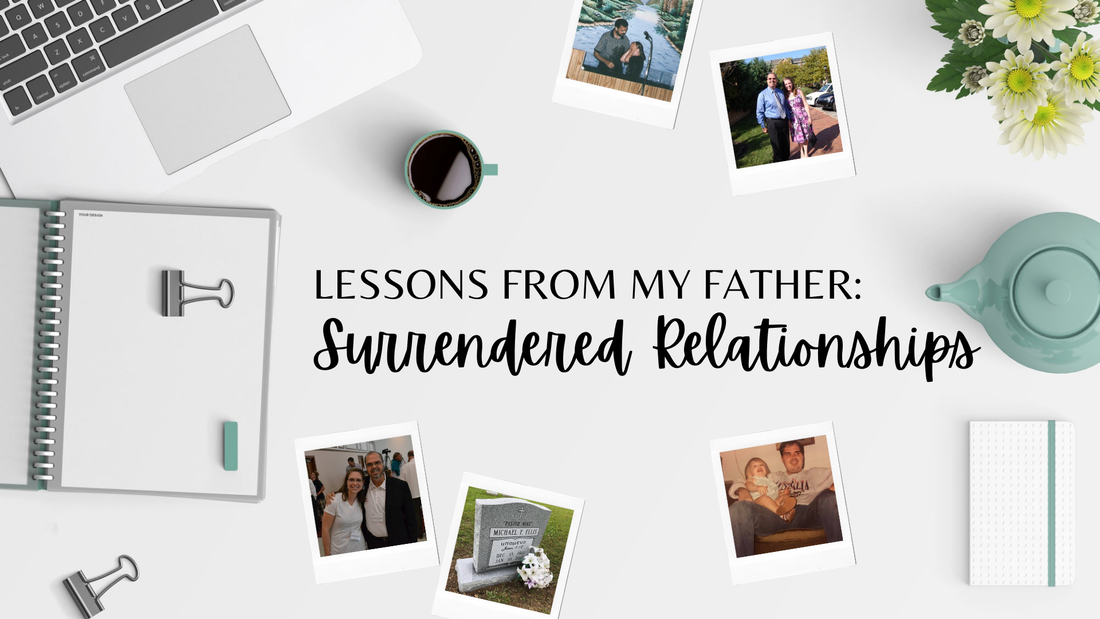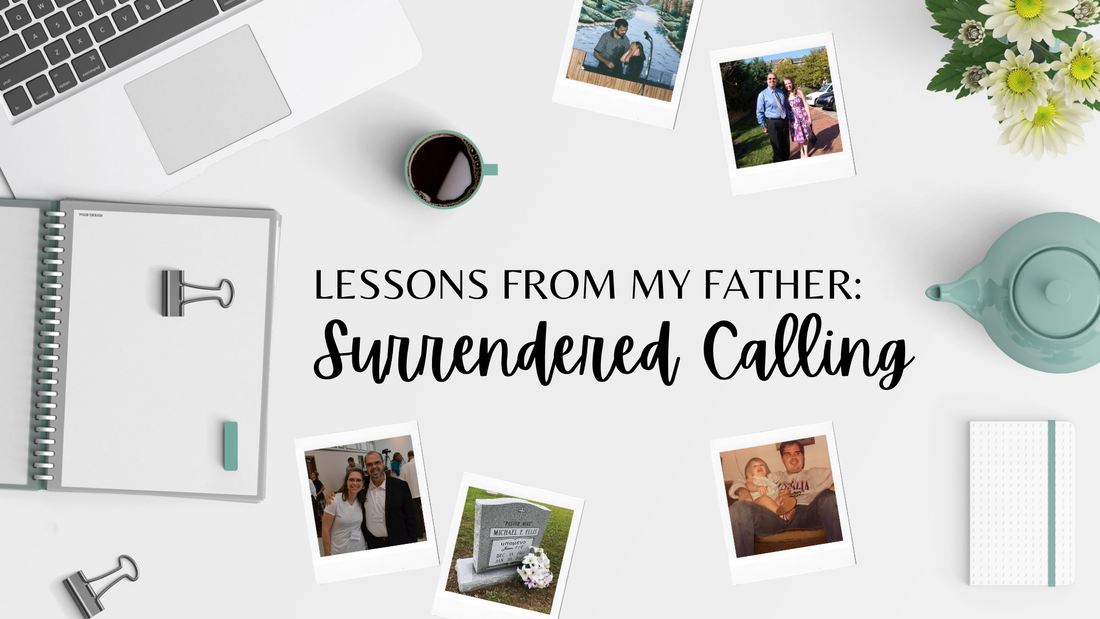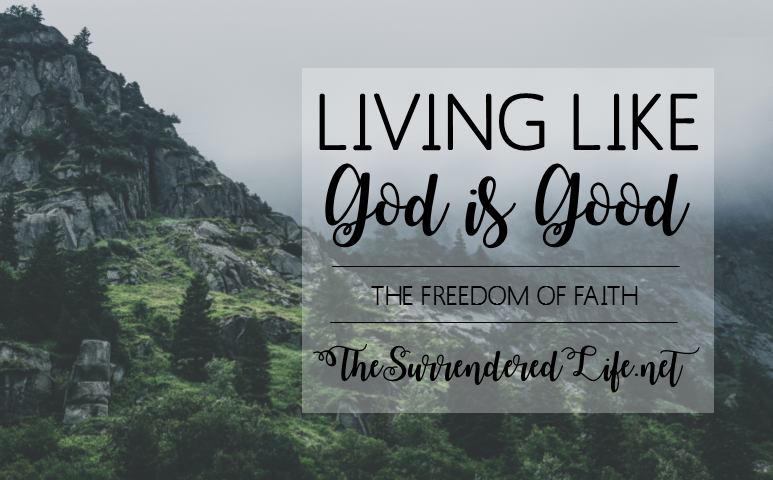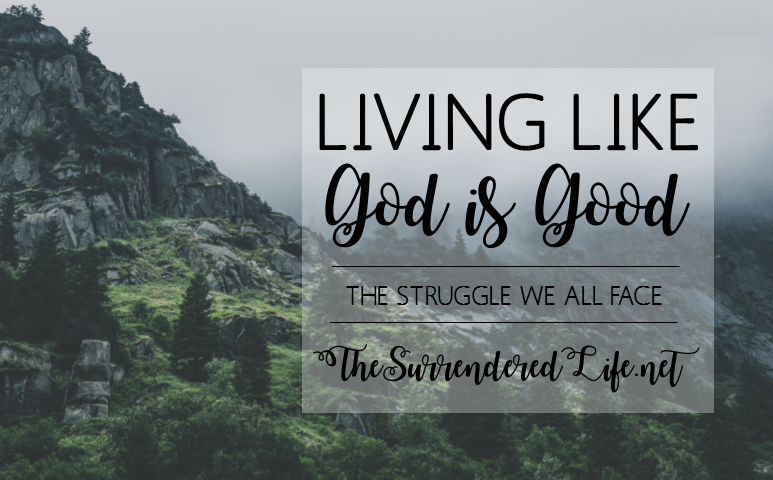|
Another lesson that my dad taught me about surrender had to do with relationships. None of these lessons I’ve been sharing have been easy, but this one was particularly difficult for me. And unfortunately, it’s one I’ve had to learn many times over. THE ROOT OF MY WRESTLINGThe first time I remember wrestling through surrender was when I was 14 years old. I went through a phase of immense fear, and it was almost entirely related to losing my parents and being alone. It eventually got to the point where I wasn’t even able to sleep, because I’d face dreams of losing my parents, or I’d be terrified something would happen to them overnight.
None of this was rational, obviously. But fear never is. When my dad realized what was happening, he sat me down to talk about it, as any good father would. But instead of reassurances about it all being in my head, or promises that nothing would happen, he instead challenged me with this: what if the worst did happen? In my fear, I wanted guarantees – don’t we all? - but my dad’s question stopped me in my tracks. “If the worst happens,” he said, “will you still trust God?” I didn’t know how to answer at first. At this point, I had not connected my fears with my relationship with God. What my dad was wisely pointing out is that my fear was not nearly as tied to him and my mom as I thought it was; rather, my fear was that God was not good, loving, or trustworthy. “If you don’t decide now that God is good and that you can trust him,” he explained, “then if or when something bad does happen, you will fall apart.” My dad then brought my struggles back to the start of my relationship with God. Was I sincere? Did I really surrender my life to Christ? If so, this was just the next step. God was calling me to act on what I’d said by trusting Him to care for my parents and for me, regardless of what that would end up looking like. “If you wait to decide,” my dad challenged me, “then you’ll decide wrong.” It was time to act on what I knew to be true, rather than what I felt could be true: God is good. God loves me. God loves my parents. God is in control. Even if the worst happens, these things are still true and God will help me through.
0 Comments
I’ve always loved my comfort zone. As a baby, I stubbornly clung to my comfort zone and refused to arrive on time. My poor mother had to be induced twice before I entered the world. As a child, I dragged my feet in whatever way I could when it came to something new. Learn to read? Why? I’d rather be read to. Tie my shoes? I’ll just stick with slip-ons. What’s that? You want to go on a roller coaster? #Nope. I could go on, but you get the picture.
One of the best things my parents did for me was push me beyond that comfort zone to try or to learn something new, even if it was uncomfortable. Not everything that I tried became a favorite (I still don’t like roller coasters), but I discovered many things that I actually enjoyed, such as reading. By the time I was a teenager, I always carried a book with me and easily read several each week. I’d like to say that I’ve grown into an adventurous adult who enjoys stepping out of my comfort zone, but I can barely even type that without laughing. Those who know me best know that’s not the case and probably never will be. I’m still prone to anxiety about the unknown, still withdraw from things that are uncomfortable, and many times cherish my comfort zone perhaps a bit too much. Thankfully, my husband and my mom recognize these things about me and still encourage me to take those scary first steps of something new or unknown, picking up where my dad left off and often using his (or my own!) words against me when it comes to change. “We can never know who or what we are |
bethany HARRISIn a word: passionate. Archives
January 2022
Categories
All
|











